

National Chemical Laboratory, has developed a face mask with better filtration efficiency compared to those available in the market. Scientists at NCL, a constituent of the Council of Scientific and Industrial Research have used the institution’s patented bacterial nano cellulose technology along with nano-coating to develop the new face mask

The Council of Scientific and Industrial Research is working with Intel India and International Institute of Information Technology, Hyderabad, to help achieve faster and less expensive COVID-19 testing and coronavirus genome sequencing to understand the epidemiology and Artificial Intelligence-based risk stratification for patients with co-morbidities.

Scientists at CSIR-Central Mechanical Engineering Research Institute have developed two mobile indoor Disinfection Sprayer units. These units can be used for cleaning and disinfecting pathogenic micro-organisms effectively, especially in hospitals.


The Institute of Genomics and Integrative Biology has transferred the technology Feluda to Tata Sons for further development and commercialization.
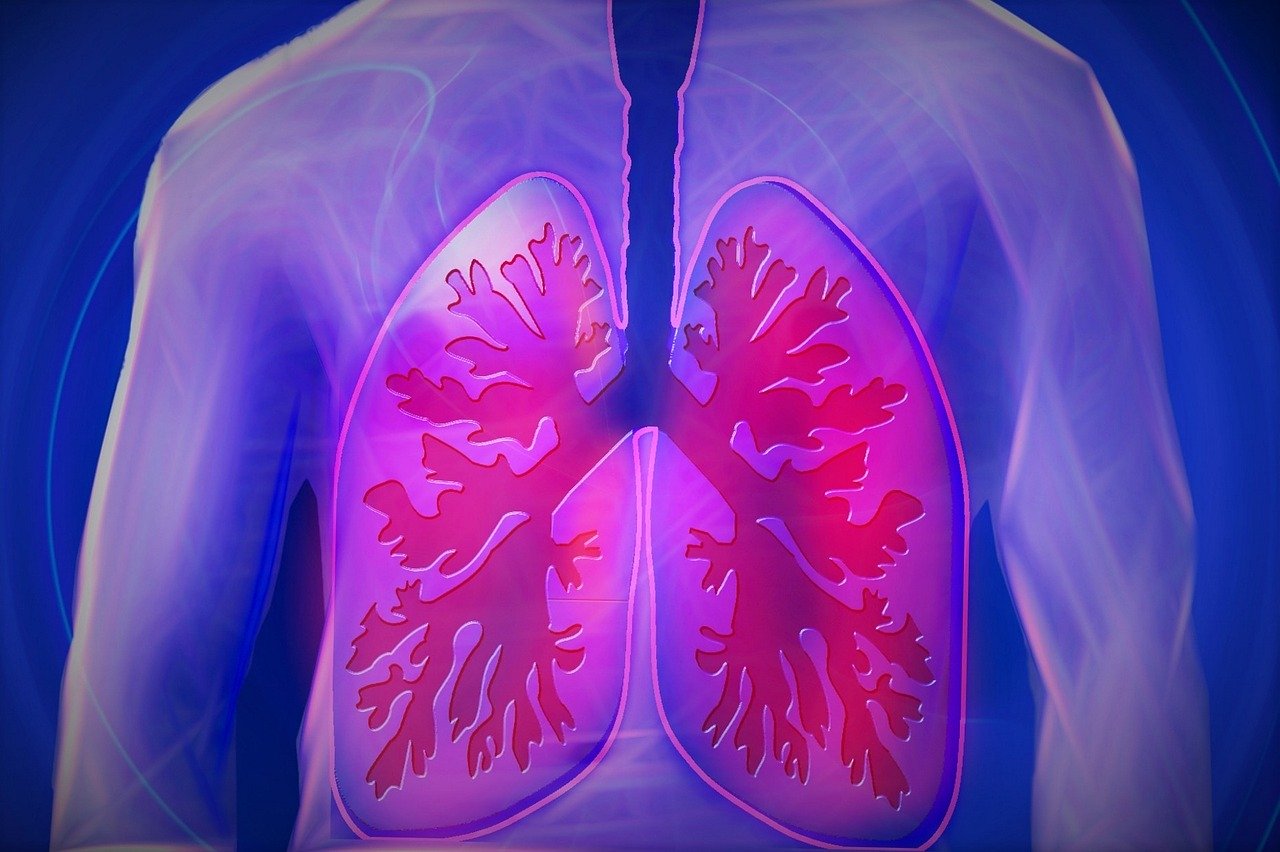
Centre for Cellular and Molecular Biology (CCMB), Hyderabad has tied up with a Bengaluru-based company, Eyestem Research Private Limited, to take up research activities on COVID-19. Through this research collaboration, an attempt will be made to grow novel coronavirus in human cell lines, which will enable in vitro testing of potential drugs and vaccines against […]

Indian Institute of Toxicology Research is now working on three verticals, out of five taken up by CSIR against the coronavirus, which includes a new COVID-19 testing facility being started from 2nd of May


CSIR-CSIO has designed and developed an innovative technology for effective disinfection and sanitization to fight with the corona pandemic.
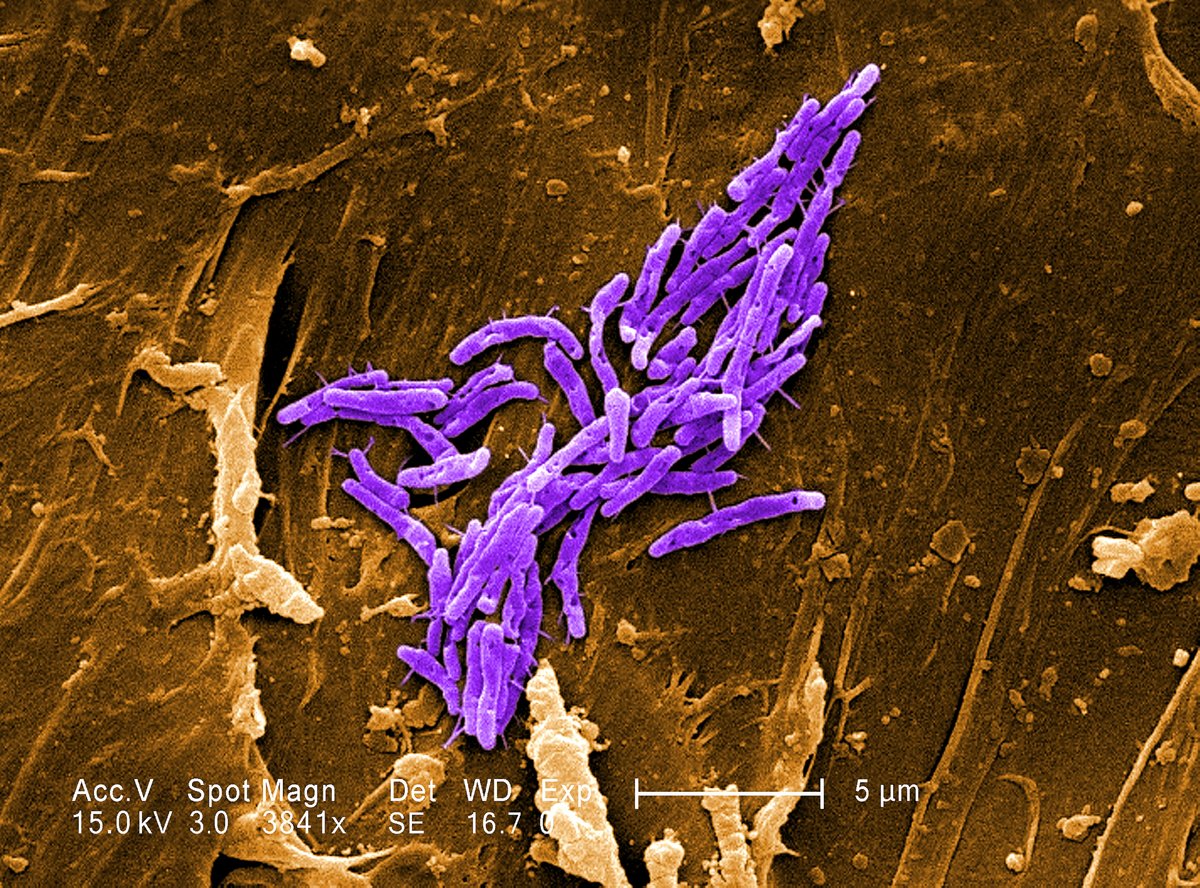
Council of Scientific and Industrial Research has decided to repurpose an approved immunomodulator called Sepsivac to enhance the innate immunity of the body to limit the spread of COVID-19 and fasten the recovery of COVID-19 patients.

National Botanical Research Institute has developed a herbal decongestant spray to address the issues of difficulties in breathing and congestion in the respiratory system
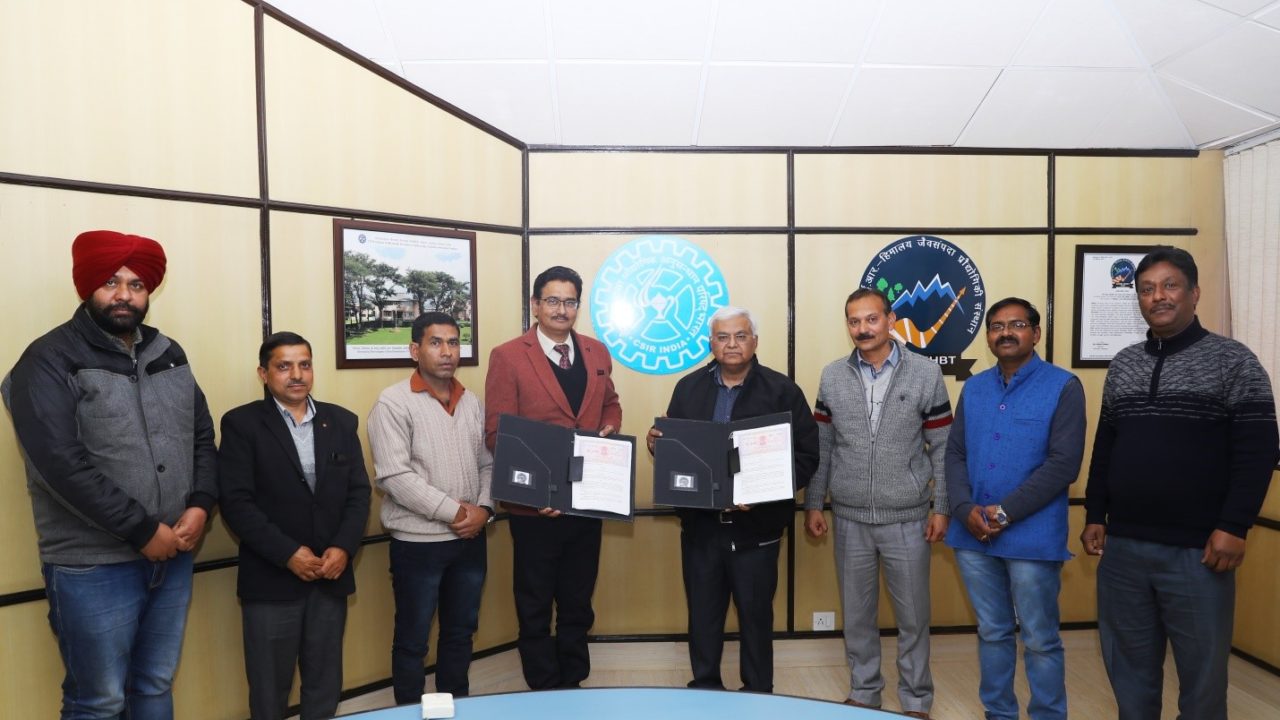

Indian researchers are now developing a cost-effective Graphene-based supercapacitor that can be used to provide energy to various applications, including state-of-the-art defense applications, mobile devices, and smart vehicles

Researchers have identified a protein pathway in an antibiotic-resistant bacterial strain called Staphylococcus aureus (S. aureus) and also a new molecule that can target this pathway. This may help develop new antibacterial drugs in the future.

A new study has found that hypertension, which is responsible for heart attack, heart failure, stroke, and many other life-threatening diseases, is spreading rapidly in India, with almost one in every three Indian adults affected by the condition
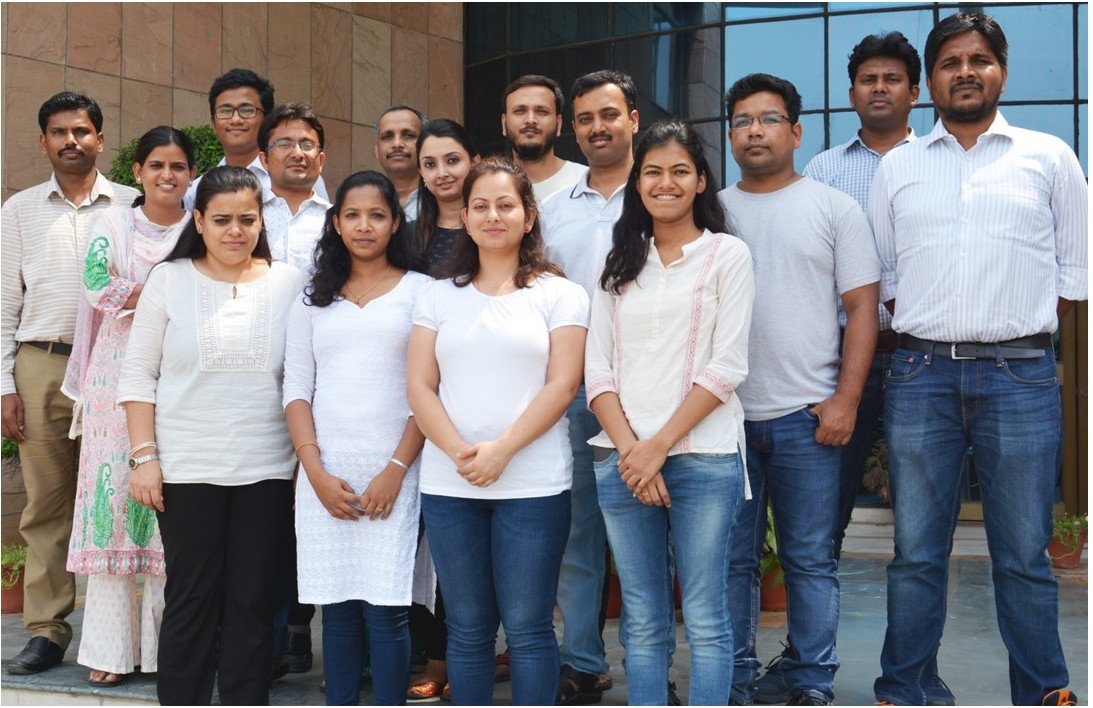

Factors like temperature, rainfall, and soil moisture affect the distribution and growth of vegetation. A study of these factors has shown that forest and croplands in two-thirds of river basins across India do not have the potential to cope with extreme climatic events such as drought

Researchers at Indian Institute of Technology, Delhi have developed a Braille laptop called DotBook, which can be useful for the visually impaired

Four young scientists selected in the national level competition - Augmenting Writing Skills for Articulating Research - will be awarded on the occasion of National Science Day on 28th February

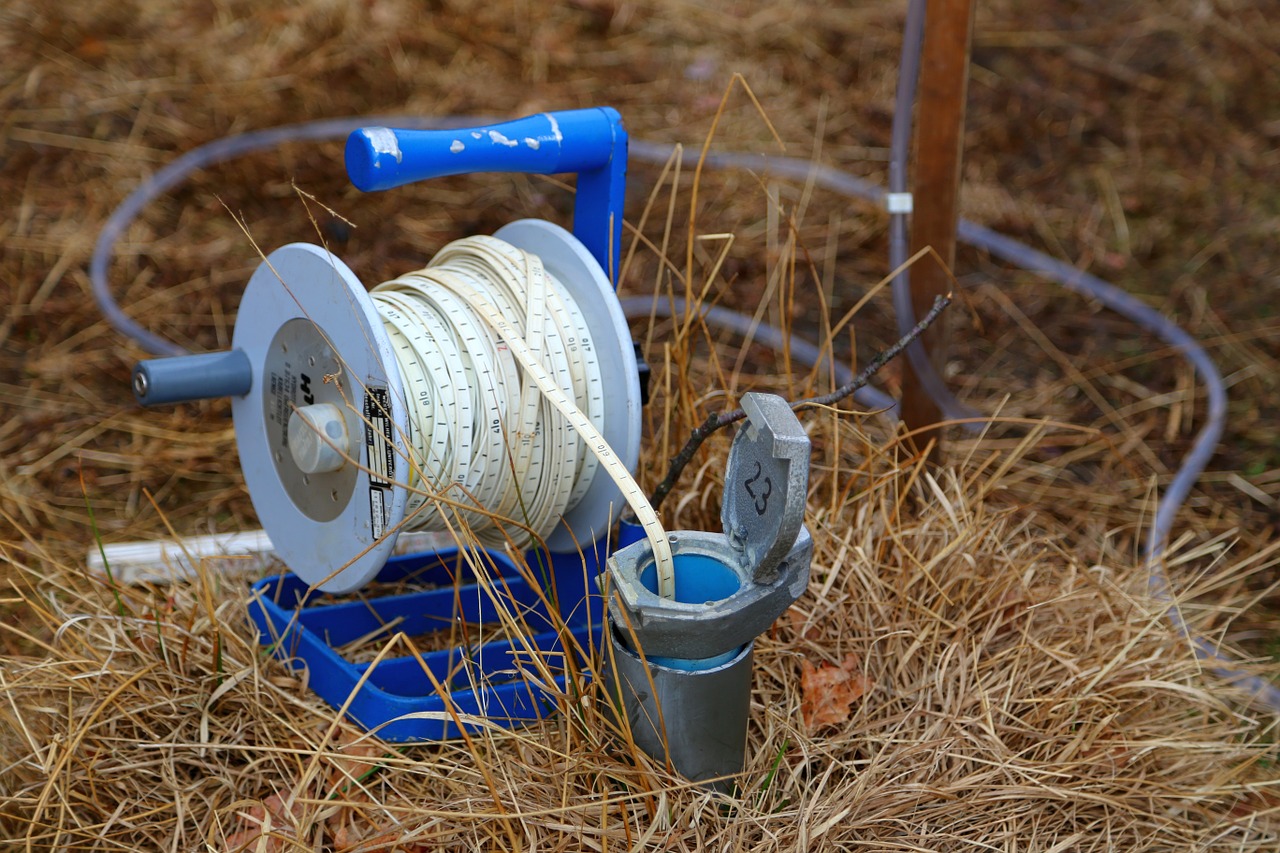
A new survey has shown that there is a major problem of arsenic contamination of groundwater in flood plains of Ravi river on both sides of the India-Pakistan border.

Indian scientists have discovered the presence of a sub-species of hog deer in India. This endangered sub-species was earlier believed to be confined to the eastern part of central Thailand
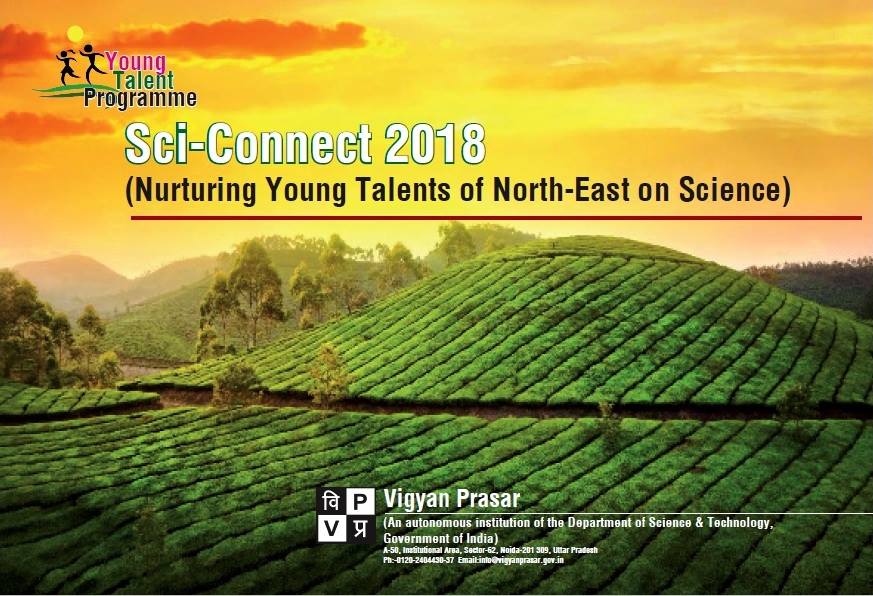
Sarupa, a resident of Janki Bazar in remote Hailakandi district of Assam, was happy as her team got first place in Sci-Connect 2018, a science competition for children in the north-eastern states.
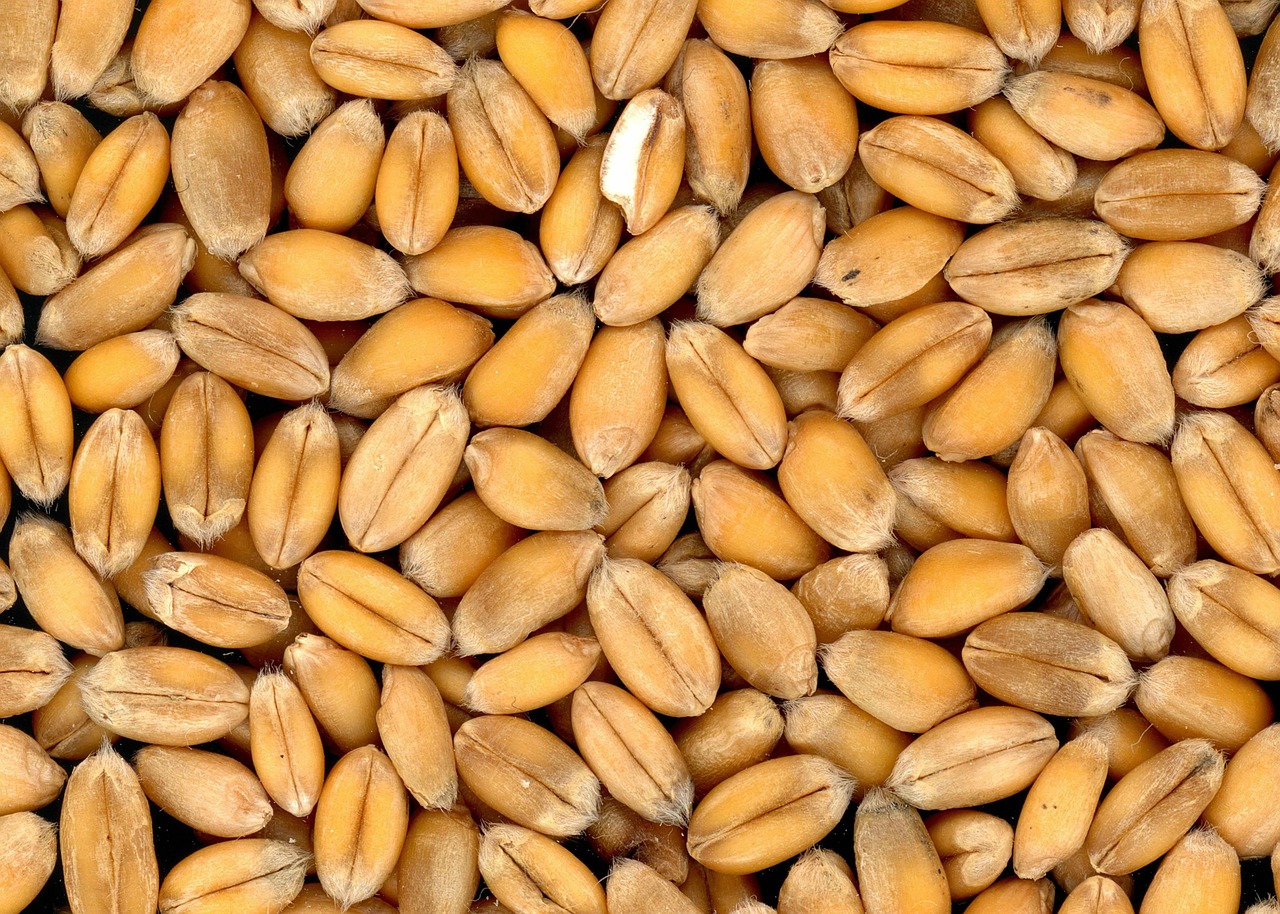
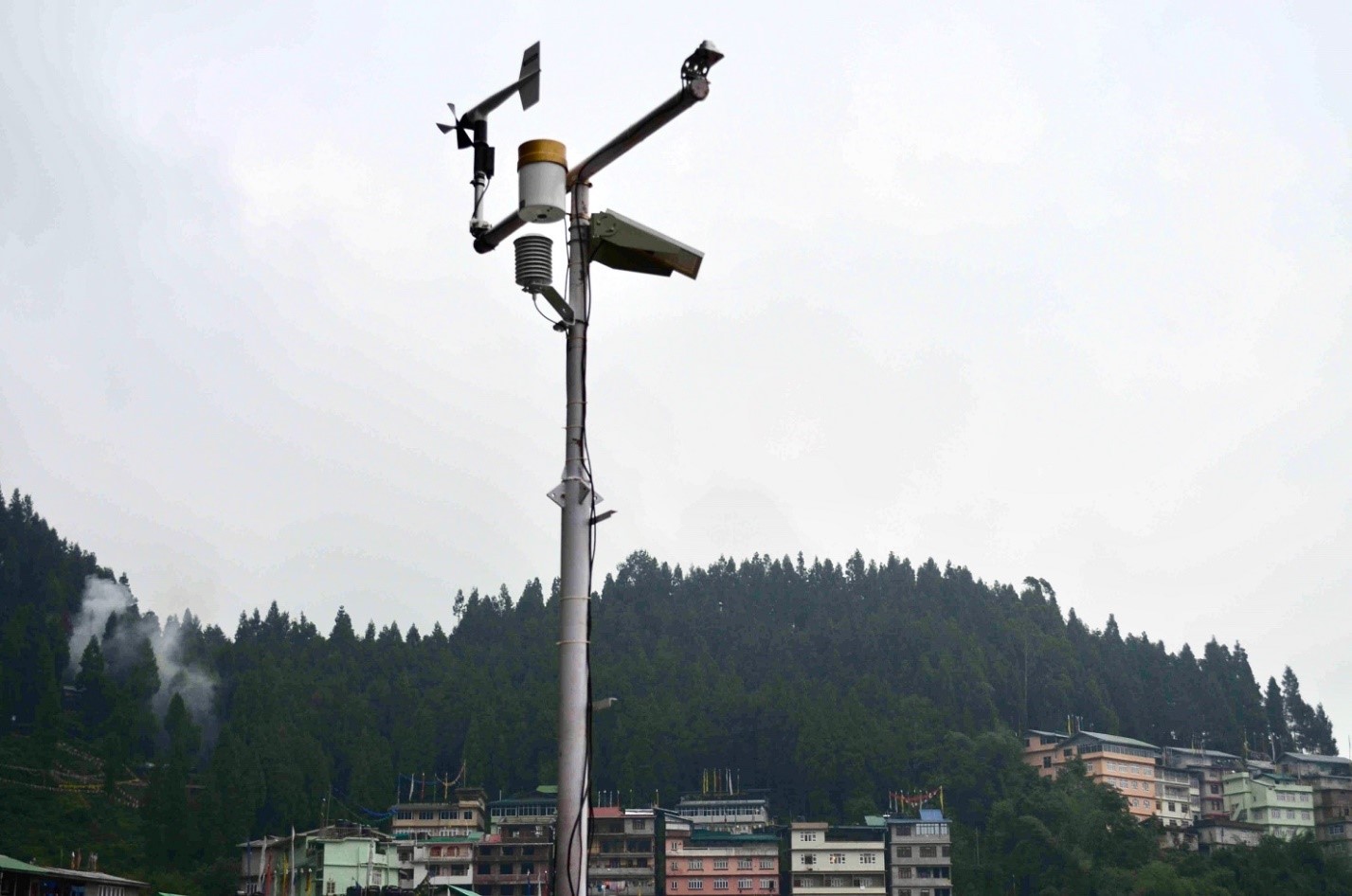
A real-time landslide warning system has been set up in the Sikkim-Darjeeling belt of the north-eastern Himalayas which is highly vulnerable to landslides

The researchers, who conducted the studies in four locations along Kerala coast, have found acriflavine, fluoroquinolone, beta-lactamase and methicillin-resistant genes in microbial populations in mangrove ecological systems. The genes having resistance to antibiotics have been found both in pristine environmental sites and regions affected by human activities.
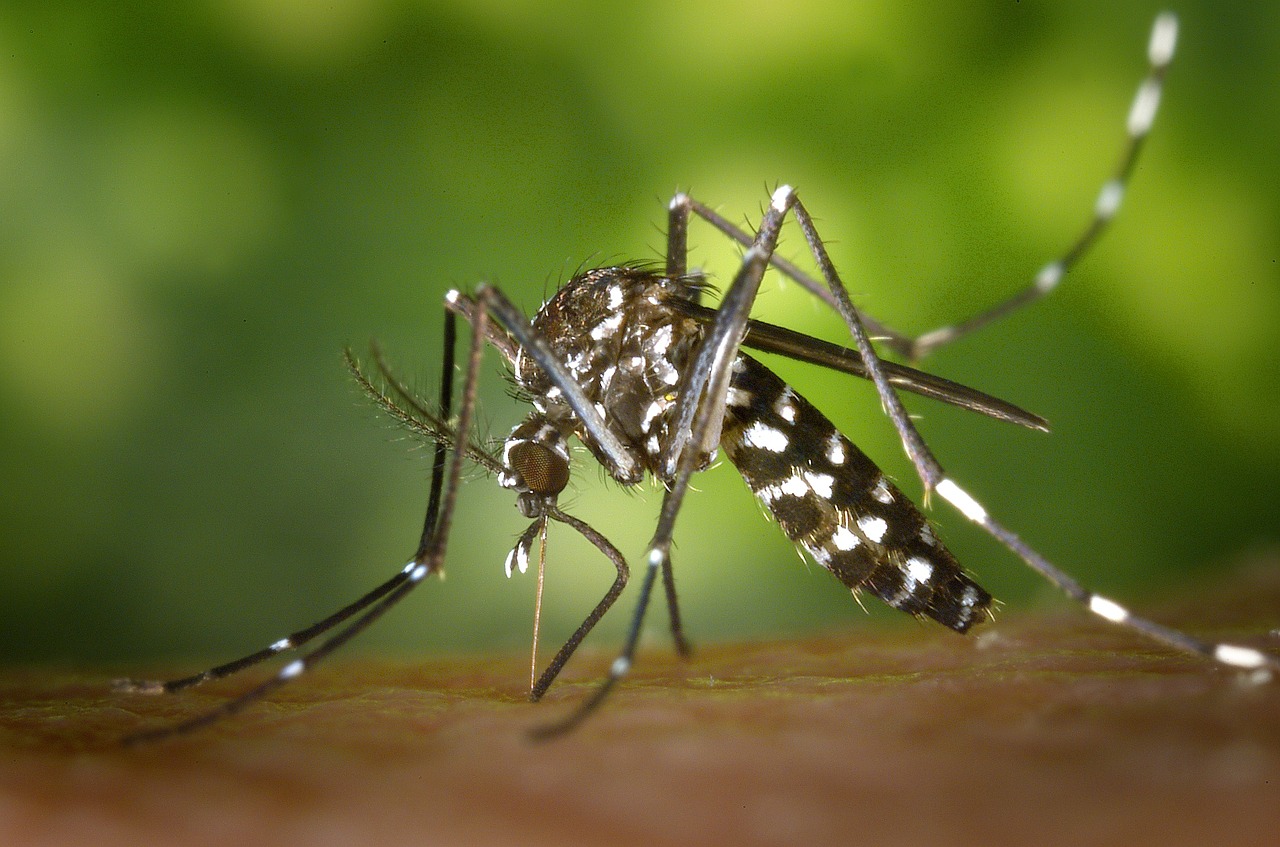
Indian scientists have developed a biosensor technique which can potentially help in detecting Chikungunya virus. According to the scientists, the technique can be used to develop a point of care device for rapid identification of the dreaded disease.
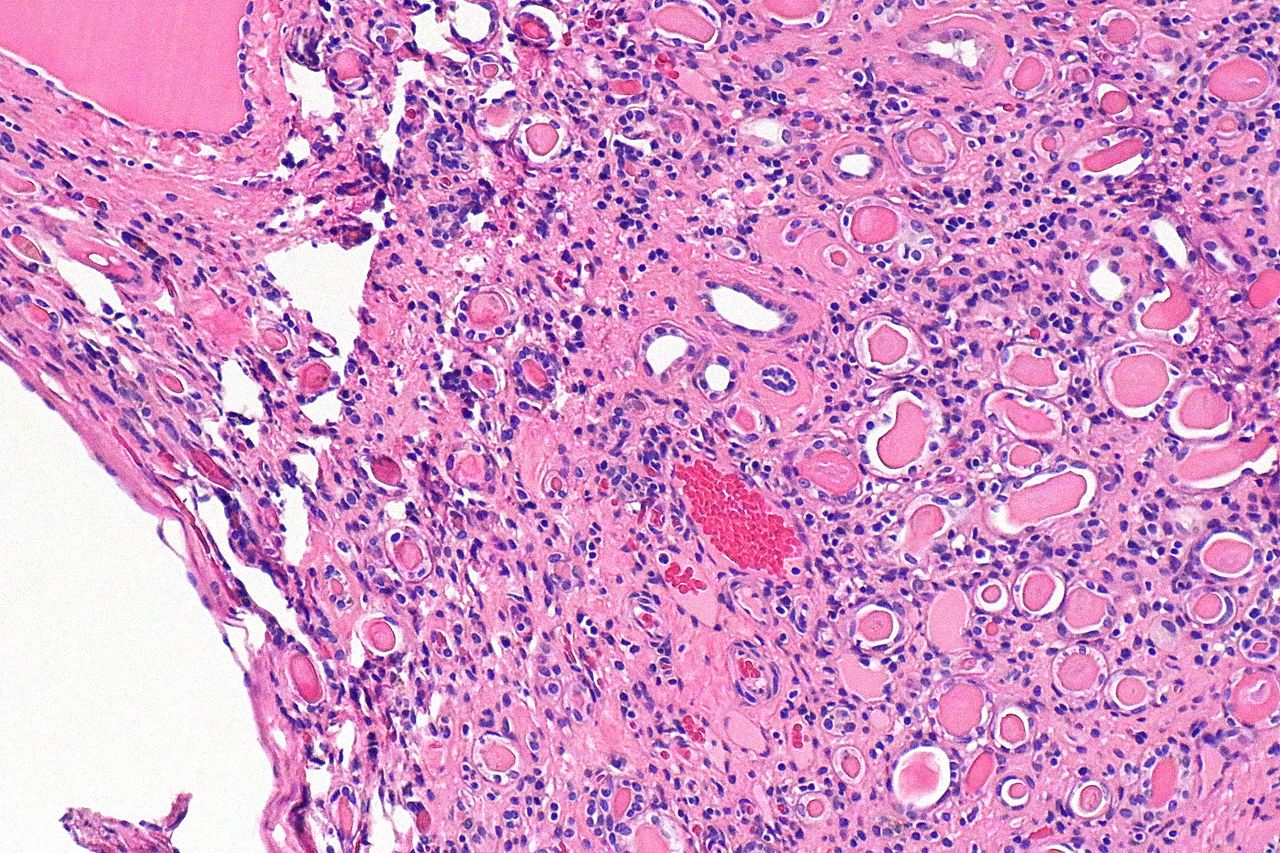

Delhi is constantly struggling with the threat of air pollution containing harmful gases and particulate matter.
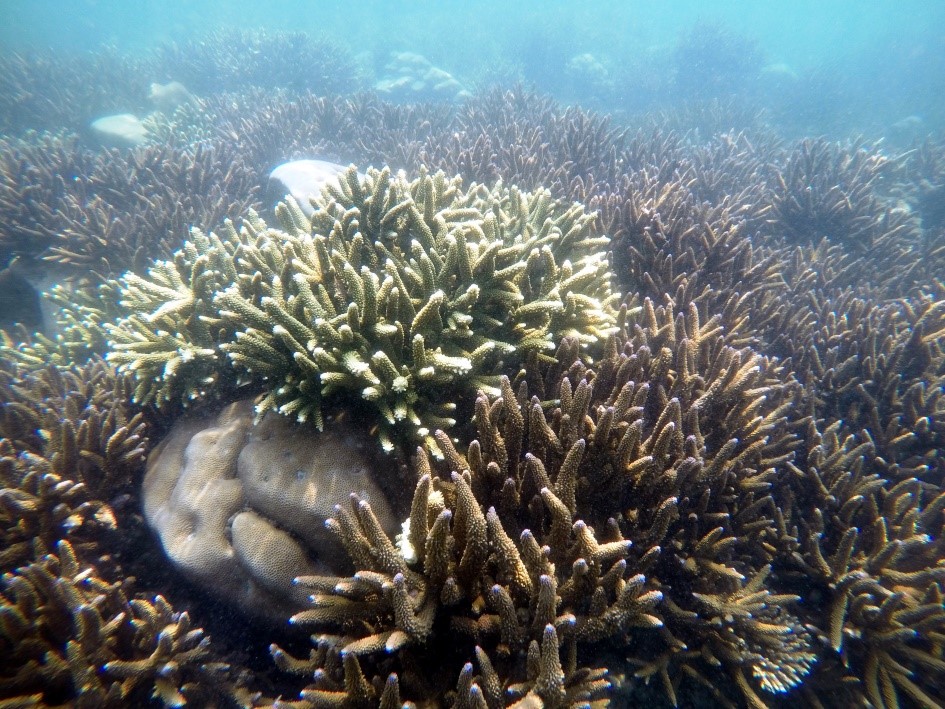
Coral reefs in the Gulf of Mannar in Tamil Nadu are facing a new threat. Researchers have found that an invasive marine sponge species, Terpios hoshinota, is growing aggressively over live coral colonies in Van Island in the Mannar Bay, which could prove fatal for coral reefs there.
Internet is huge! Help us find great content
Never miss a thing! Sign up for our newsletter to stay updated.
Research Stash is a curated collection of tools and News for S.T.E.M researchers
Have any questions or want to partner with us? Reach us at hello@researchstash.com